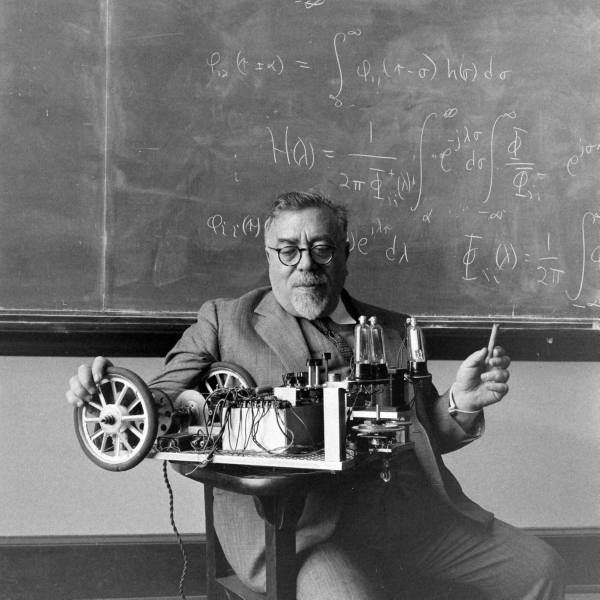Computer Ethics was first created as a field of study by M.I.T. (Massachusetts Institute of Technology) professor Norbert Wiener in 1940 [6]. He can technically be regarded today as the "father of computer ethics", as he laid down the foundations for the primary principles that we use today. Originally, Wiener had come across various ethical dilemmas when he was experimenting with cybernetics (the science of information feedback systems) for the construction of anti aircraft cannons in World War II [6]. He had consequently published his findings in a book called "Human Use of Human Beings", which was divided into five elements:
- His interpretation on the purpose of a human life;
- His four principles of justice;
- A useful way of applying ethics;
- Discussions upon the crucial questions revolving around computer ethics, and;
- Examples of topics in which computer ethics can be applied upon [6].
Despite Wiener's efforts, however, research within this specific field remained neglected until the 1960s, despite the rising need for a code of conduct (due to the paralleled rise of crimes utilizing new technology). This only changed after Donn Parker, an information security researcher, wrote various books and articles on computer crime and proposed to adopt a code of ethics for various computer corporations, such as the Association for Computing Machinery (ACM) [6]. Since that point, computer ethics had grown in popularity and usage. This era was further accentuated by the release of the first major textbook for Computer Ethics by Deborah Johnson, named "A Very Short History of Computer Ethics" [6].
As of now, there are two main views on the future development of Computer Ethics. One theory, dubbed the "Górniak Hypothesis", predicts that computer technology may constantly evolve, which requires us to completely revamp the basic principles that have established the foundation of the whole computer ethics field [6]. On the other hand, others theorize that the ethical principles we have now will continue to stand as the basis for computer ethics, despite the numerous evolving innovations within the field of computers and Artificial Intelligence (named the "Johnson Hypothesis") [6].


